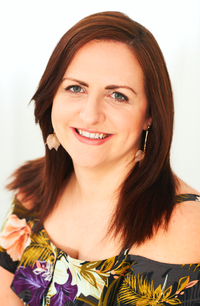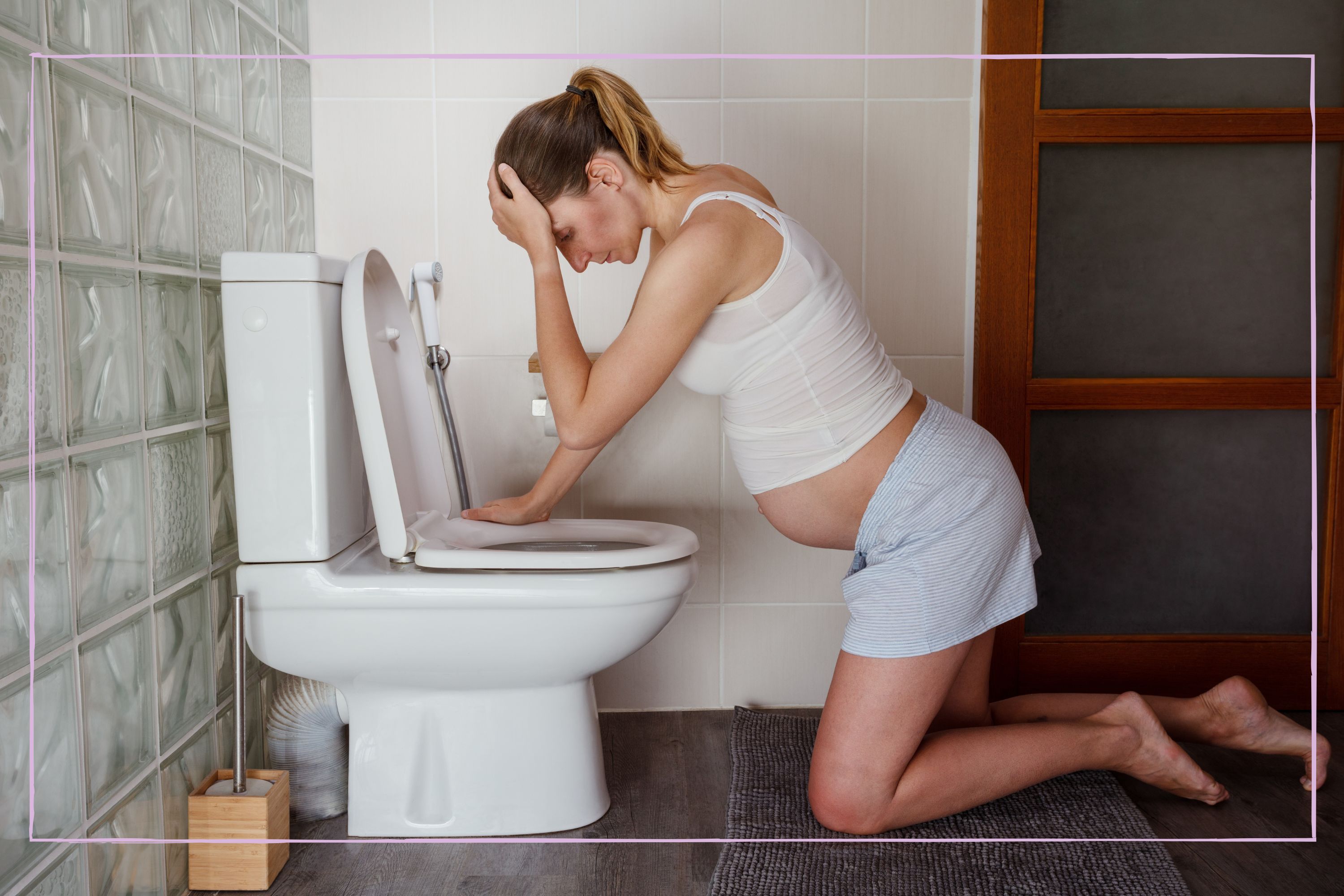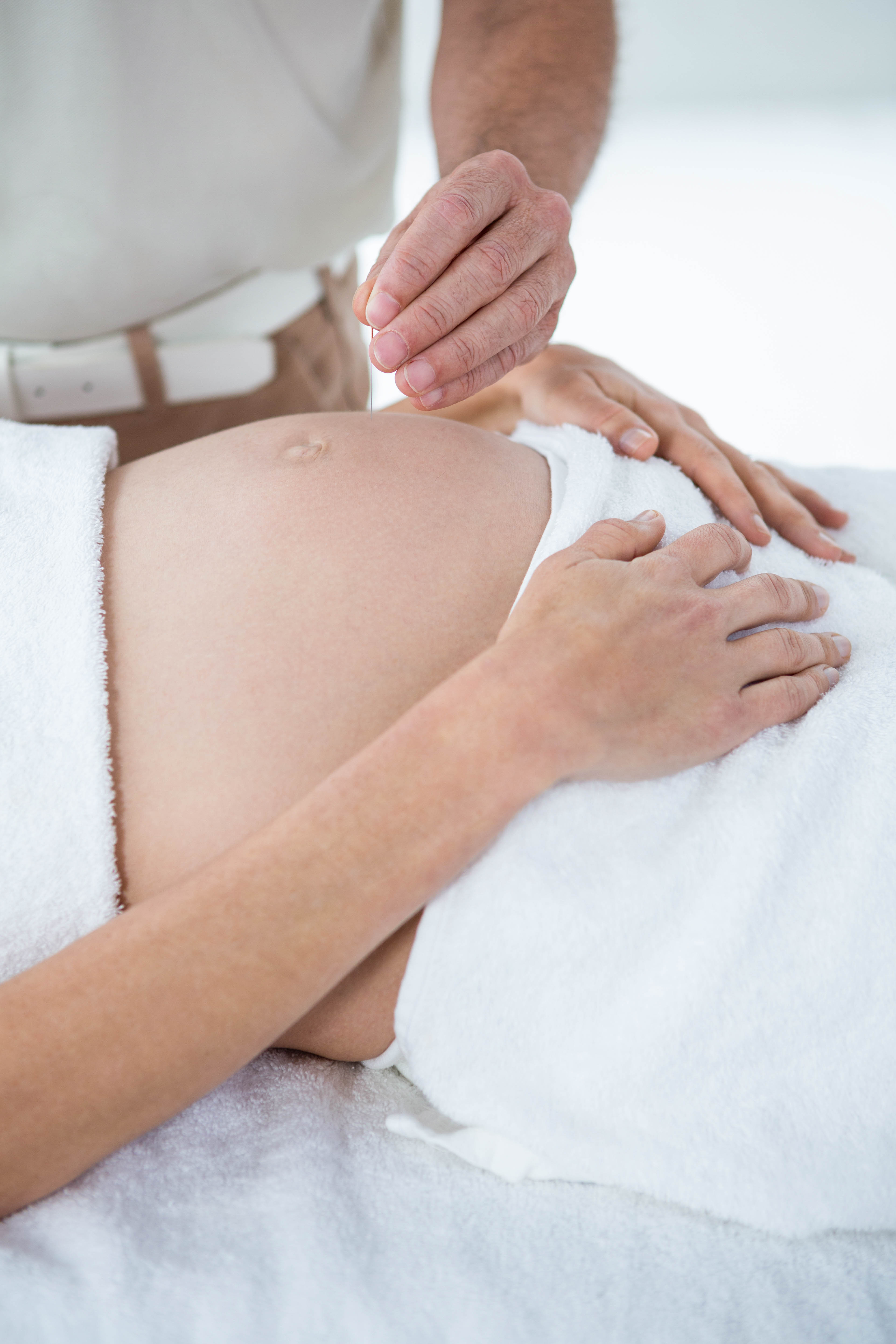A breakthrough into the underlying causes of morning sickness raises hopes of a possible cure, much to the delight of hyperemesis sufferers
Here's everything we know so far about the morning sickness breakthrough


A breakthrough in what causes the dreaded morning sickness could mark a turning point for future pregnancies as scientists work on a possible cure.
Pregnancy cravings and pregnancy weight gain aren't the only things to experience when having a baby, but many women suffer from morning sickness and look for cures and remedies.
And until now, scientists have been unable to fathom the underlying cause of it - even though it's one of the common early signs of pregnancy.
A new study has revealed the trigger for nausea and vomiting in pregnancy - and it's thought a hormone produced by the foetus is the cause in pregnant women, in which extreme cases can require hospital treatment.
It's now thought that women who naturally have low levels of the hormone before pregnancy tend to be more sensitive to the surge of the hormone called GDF15 in the first trimester.
Marlena Fejzo, a clinical assistant professor of population and public health sciences at the University of Southern California’s Keck School of Medicine has been involved with the research paper and she explained, "We now know that women get sick during pregnancy when they are exposed to higher levels of the hormone GDF15 than they are used to."
With nausea and vomiting affecting around 80% of women at some point in their pregnancy journey - 2% of women experience an extreme form of morning sickness like Catherine Middleton, the Princess of Wales and this is called Hyperemesis gravidarum (HG) which can lead to weight loss, dehydration and hospitalisation.
Parenting advice, hot topics, best buys and family finance tips delivered straight to your inbox.

Goodto deputy editor and mum-of-three, Heidi Scrimgeour experienced morning sickness in all three of her pregnancies but in the third, she suffered from HG. She welcomes the latest discovery. She tells us. "How wonderful that scientists can now explain why many women experience morning sickness during pregnancy, raising hopes for a possible cure. After suffering 'normal' morning sickness in my first two pregnancies, which was grim enough, I was floored by hyperemesis gravidarum with my third baby.
"Lowest point: lying on the bathroom floor before I'd even done a pregnancy test, begging my husband to make it all stop. My GP gave me two options: hospitalisation for treatment or anti-sickness medication which wasn't licensed for use in pregnancy but would 'probably' be harmless. I chose the meds and - thank goodness - they worked (and did no harm) but it was such a brutal experience that I swore off ever being pregnant again. I feel very lucky that my family already felt complete but I know hyperemesis cuts short hopes for a bigger family for many women and I'm delighted to think that this news might change that."

While there are some existing effective therapies to treat pregnancy sickness including acupressure or acupuncture, alternatively if your symptoms stop you from doing your day-to-day activities, see your GP who will be able to prescribe anti-sickness medication which is safe to take during pregnancy, according to the Royal College of Obstetricians and Gynaecologists.
In other family news, if you're wondering why more babies are conceived over the holidays it's not just because you're having more sex, and millennials feel abandoned by parents who are too busy to look after grandkids.

Selina is a Senior Family Writer for GoodtoKnow and has more than 16 years years of experience. She specialises in royal family news, including the latest activities of Prince George, Charlotte, Louis, Archie and Lilibet. She also covers the latest government, health and charity advice for families. Selina graduated from the University of Sheffield in 2006 with a degree in Journalism, and gained her NCTJ and NCE qualifications. During her career, she’s also written for Woman, Woman's Own, Woman&Home, and Woman's Weekly as well as Heat magazine, Bang Showbiz - and the Scunthorpe Telegraph. When she's not covering family news, you can find her exploring new countryside walking routes, catching up with friends over good food, or making memories (including award-winning scarecrows!)